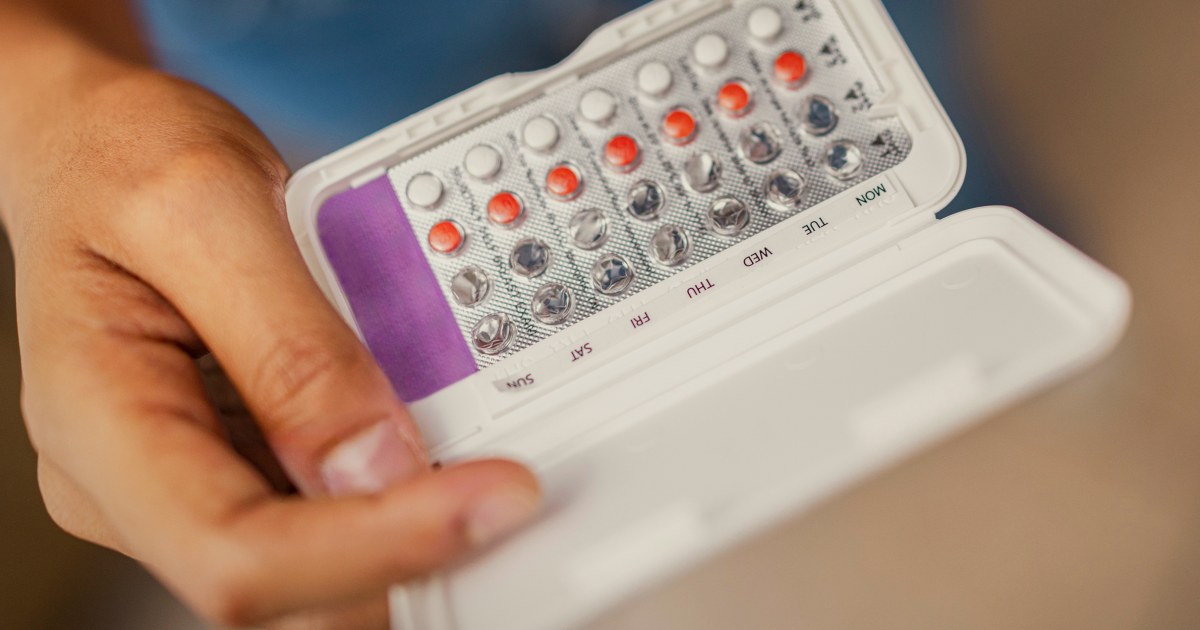South Carolina’s most vulnerable women are asking for and getting birth control in record numbers — even in parts of the state without any doctors who specialize in women’s reproductive health, according to a new report.
The findings — from New Morning, a nonprofit organization based in Columbia, South Carolina, that works to provide free or low-cost contraception access in the state — stand in contrast to what’s been happening in other states that enacted abortion restrictions after Roe v. Wade was overturned in 2022.
A study in June found a decrease in prescriptions for birth control pills and emergency contraceptives in states with the most restrictions on abortion. South Carolina has one of the country’s strictest, prohibiting abortions at six weeks of pregnancy. Many women’s health centers, including abortion clinics where women had often gotten their birth control, closed after the Dobbs decision.
According to New Morning’s report, from July 2023 through this June, 88,281 women in South Carolina — a record high — accessed contraception through doctor’s offices and hospitals associated with the organization’s training program, up from 76,561 in 2022. Most of those clinics serve uninsured and underserved populations.
NBC News is the first to report the group’s findings, which will be released Thursday.
New Morning attributes its success, in part, to tapping the power of primary care providers who aren’t usually trained in providing birth control.
“Historically, when people think of contraceptive care, they have thought of OB/GYN providers as the primary source of that care,” said Angie Olawsky, New Morning’s vice president of sustainability. Much of South Carolina is rural, and because 30% of the state’s counties don’t have a single OB/GYN, Olawsky said, “we focus on primary care providers.”
The group is training those doctors to meet growing demands for access to birth control, which includes intrauterine devices, or IUDs.
“We work with a network of clinics that are based in communities across the state,” said Sarah Kelley, New Morning’s chief operating officer. “Having clinics all over the state means that someone doesn’t have to travel to a metropolitan area to get high quality, patient-centered care.”
Before New Morning launched in 2017, 95% of clinics in the group’s network didn’t offer any kind of family planning counseling or contraceptive services, Kelley said. Since then, 9,000 primary care providers have been trained to provide those services, she said.
Following the Dobbs decision, women across the country have had to scramble to access birth control or search for longer-term solutions.
A report in August from KFF, a nonprofit group that researches health policy issues, found that 17% of women in their childbearing years said they made changes to their family planning practices, such as starting on birth control or getting emergency contraception medications to have on hand, following states’ abortion bans.
Nationally, “people are changing the methods that they are using in the aftermath of Dobbs,” said Megan Kavanaugh, head of contraceptive access research at the Guttmacher Institute, a group that supports abortion access. “People seem to be shifting towards more permanent methods of contraception,” such as sterilization and vasectomies.
Beverly Miller, a nurse practitioner and founder of Inclusive Healthcare Center in Horry County, South Carolina, said she, too, has noticed the increase in women asking for longer-term birth control solutions, such as IUDs.
“Patients want to have more options,” Miller said. Her clinic, which is in the New Morning network, provides primary care. More than half of Miller’s patients are uninsured.
“With the Supreme Court’s restrictions” on abortion, she said, “patients need an alternative. They don’t have that choice anymore.”

Leave a Reply